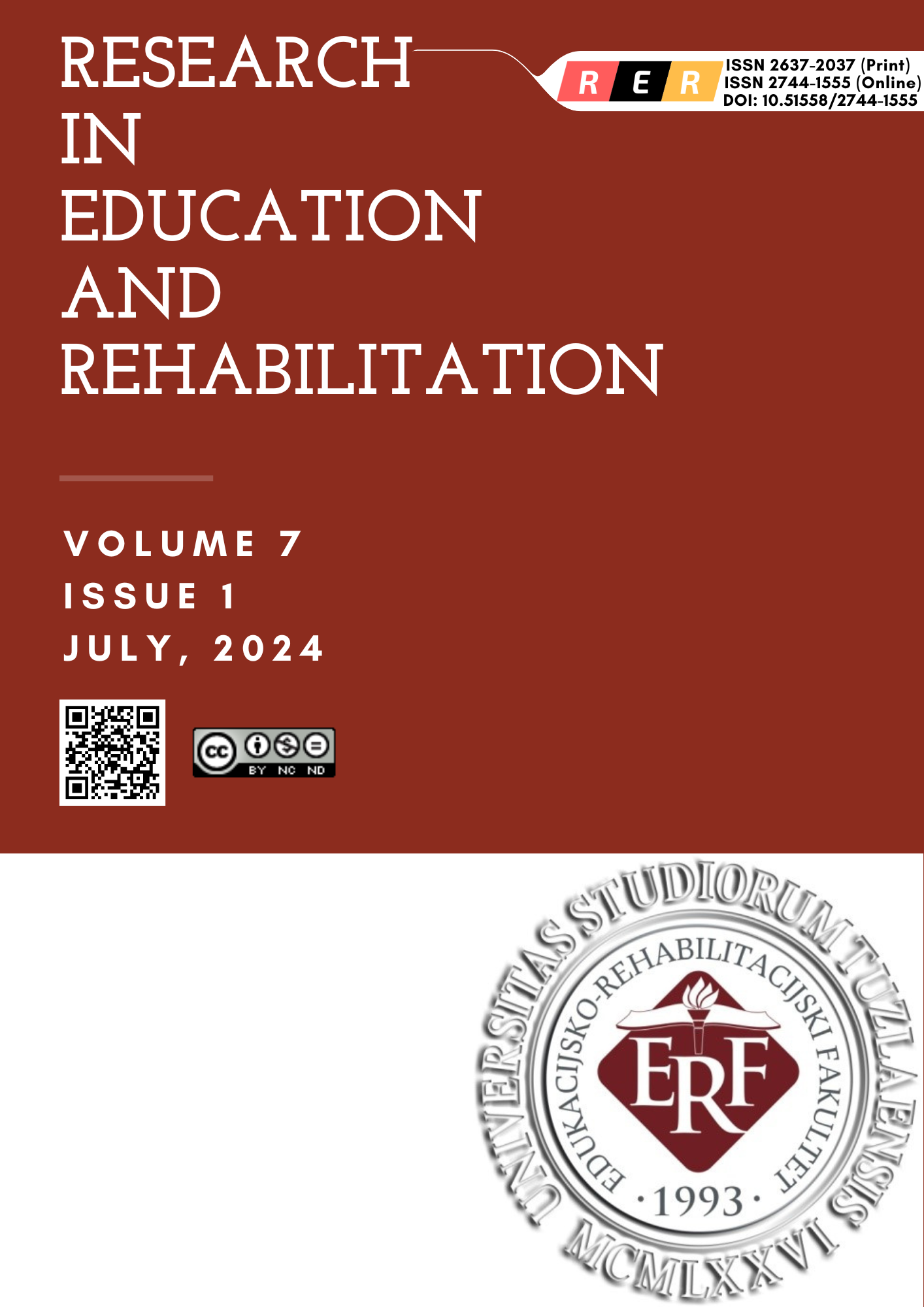STUDY THE RELATIONSHIP BETWEEN THE COGNITIVE ASPECT OF THEORY OF MIND AND UNDERSTANDING IN ORAL LANGUAGE IN ALZHEIMER'S PATIENTS DURING THE MIDDLE STAGE OF THE DISEASE
STUDY THE RELATIONSHIP BETWEEN THE COGNITIVE ASPECT OF THEORY OF MIND AND UNDERSTANDING IN ORAL LANGUAGE IN ALZHEIMER'S PATIENTS DURING THE MIDDLE STAGE OF THE DISEASE
Author(s): Saadia Mohammed Bouchnak, Amin DjenanSubject(s): Individual Psychology, Cognitive Psychology, Neuropsychology, Clinical psychology, Health and medicine and law
Published by: Edukacijsko-rehabilitacijski fakultet Univerziteta u Tuzli
Keywords: Cognitive side; theory of mind; understanding; oral language; Alzheimer's;
Summary/Abstract: The ability to infer internal mental states through the behavior is related to the understanding of implicit language statements in interactive situations where the speaker’s intention is public. This study looked at that relationship by answering whether this association persists during aging and after Alzheimer’s. Apply some of the terms of the Theory of mind (Toma) battery and the Oral Language (OLTA) battery designed for the adult. A group of 5 individuals with Alzheimer's disease during the middle stage. The results found that the impact relationship is not limited to the group of individuals below the age of maturity, but continues into old age. it would explain the nature of language and cognitive disorders in understanding metaphors such as folk proverbs and the attribution of mental states either through behavior or through language in intermediate Alzheimer’s patients.
Journal: Research in Education and Rehabilitation
- Issue Year: 7/2024
- Issue No: 1
- Page Range: 78-87
- Page Count: 10
- Language: English

